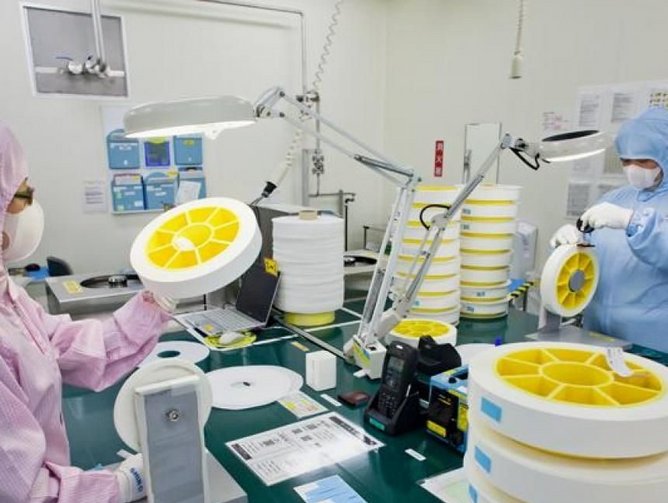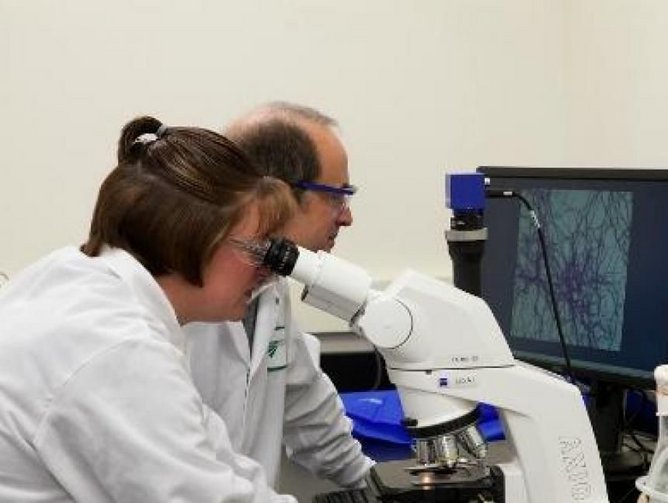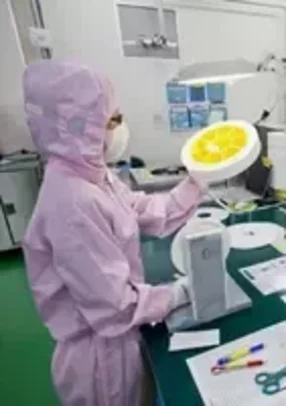Sumitomo Chemical’s digital transformation brings technology and innovation to manufacturing in Japan
The Sumitomo Chemical Group was established in Japan in 1913 as a manufacturer of fertilisers to eliminate pollution from copper smelting facilities and help increase crop yields. Fast forward to 2019, and the Group includes more than 100 subsidiaries and affiliates that operate in five key sectors: petrochemicals; energy and functional materials; IT-related chemicals; health and crop sciences; and pharmaceuticals. Masakazu Tokura, Chairman of the Board, strives to continue to “contribute to solving problems facing the global community” through technological prowess and the trust of Sumitomo’s stakeholders.
In order to remain relevant in the increasingly digital world, Sumitomo Chemical has had to digitally transform its operations, renaming its own IT Department to IT Innovation Department in 2016 to redefine its responsibilities. One of the main aims of this rebranded department is to promote digital transformation across the entire organisation through a number of proof-of-concept (POC) projects. Overseeing the department is Takashi Shigemori, Senior Managing Executive Officer for Finance, IT Innovation, Corporate Business Development and Corporate Planning. Having worked for Sumitomo Chemicals for more than 30 years, Shigemori has extensive experience in corporate and business planning, working mostly on projects across finance, supply chain and marketing divisions. He candidly admits that he does not profess to have a wealth of experience in the technology space but recognises the disruptive affect technology has had on the company and its customer base. “I feel that technology is advancing beyond everybody’s imagination and is impacting all fields of our business, including R&D, production, supply chain, corporate administration and management,” he says. “Digitalisation allows analysis of a large sum of data, and so the quality of the analysis depends on the quality and quantity of data, scope of data and the methods. It qualifies the quality of our decision making.” Despite the recognition of the significance of data, and in turn, digitalisation, as a project manager Shigemori values human engagement more than ever, and notes that while it does help identify key areas of business growth, the ‘hunch’ and ‘insight’ based on the real business activities are still needed to turn data into true value.
In 2019, moving from the stage of PoC to that of corporate-wide deployment of the digital transformation, the company will establish a new department focused on big data utilisation as a means of increasing the company’s competitiveness in its core activities such as R&D and manufacturing. This new department will take the lead on future digital transformation projects, training engineers and scientists with skills in new technologies such as artificial intelligence (AI) including material informatics (MI). “Our approach is somewhat different from others,” says Shigemori. “We believe that the digital transformation will be most efficiently and effectively implemented by researchers, engineers, marketing and finance staff who know the real business needs and constraints and who are equipped with essential AI knowledge. Until a sufficient number of data engineers are developed and until sufficient momentum is created, the two departments will play key roles to promote the digital transformation programmes.”
Sumitomo Chemical launched its first digital transformation programmes back in 2015. Shigemori is keen to stress that although these did not come early in the global digital conversation, in Japan they represented the first initiatives in the industry. “It is important that we change the mindset of all members of the company and change its culture in order to have a true impact,” he says. “We believe that this is the fastest approach to materialising digital transformation. In Japan, once momentum is created, the entire company will adapt and move faster.” The key to creating and maintaining this momentum lies in communication and collaboration. Shigemori is not the only person with limited experience in the technologies disrupting the business, and so the IT Innovation Department must be able to break down and verbalise the true value of what technology can bring and how each facet of the business can utilise it. “We are an enabler for business functions,” he says. “It’s a huge risk to not realise the true impact of technology. The technical function must assist and sometimes guide the business with advanced digital solutions, based on their contacts with the IT service providers and observation of the competitors’ moves. For this purpose and mission, close collaboration with the business and a deep understanding of their practices and needs are indispensable.”
A digital transformation of any business is a challenge, particularly one like Sumitomo Chemical with its subsidiaries and affiliates around the world. Shigemori recognises that the key challenges for the business will be a limited talent pool and change management. Data scientists are in short supply across Japan and this will be a key role in the upcoming years. He points to the significance of learning for both the IT and business professional, and feels that the company’s global footprint will prove to be key in overcoming this challenge. “Our staff outside of Japan, the ones who have expertise in certain areas will be required to take charge,” he says. “But we also need to supplement our knowledge and skills by getting input and help from our business partners who have global coverage. As a business we have over a hundred group companies around the world.”
Sumitomo Chemical Group has struck a number of key strategic partnerships with technology vendors to deliver solutions and training to its employees. One of the company’s long-time partners is Accenture. “Accenture is a strategic partner and is familiar with our business practices, key elements of the business, corporate culture, management system and style,” says Shigemori. “They are able to make propositions that are to the point and that work. Their guidance has been essential for our journey to date.”
Sumitomo was founded on the principle of finding solutions to solving the problems facing the global community. As that global community continues to evolve, so do the problems. “We will need to contribute to society by providing solutions developed based on our technologies,” says Shigemori. “As a chemical manufacturer, we play a key role in fostering a new sustainable society. So, we need to continue to recognise and prepare for the advent of a new era where digitalisation technologies present both opportunities and threats.”





